The Independent's journalism is supported by our readers. When you purchase through links on our site, we may earn commission.
Afghanistan: Steve McCurry’s retrospective look at a war-torn country
His first assignment to Afghanistan was more than 40 years ago, but his work is as relevant now as it was then, as he turns treacherous and unpredictable landscapes into beautiful images
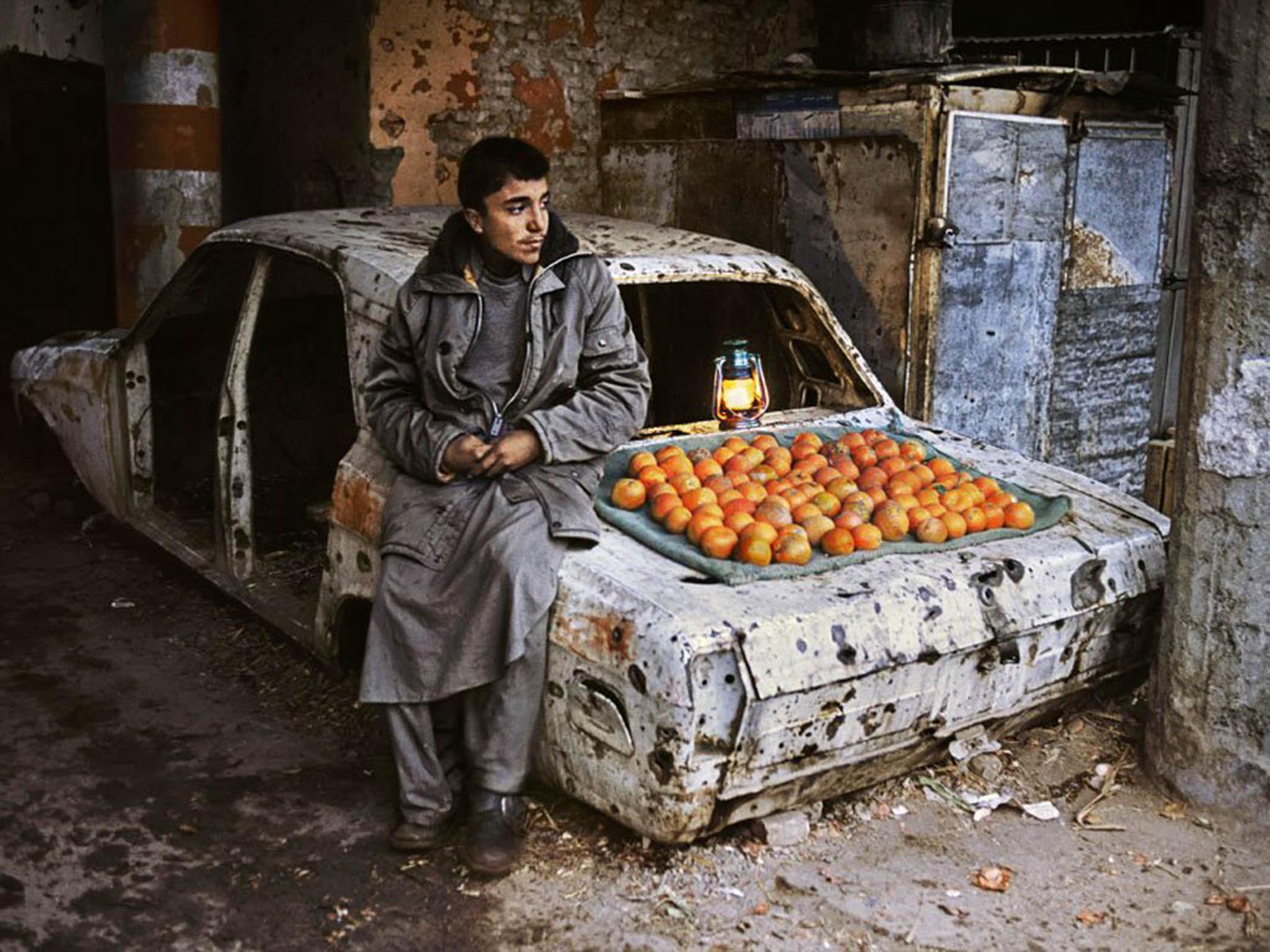
Your support helps us to tell the story
From reproductive rights to climate change to Big Tech, The Independent is on the ground when the story is developing. Whether it's investigating the financials of Elon Musk's pro-Trump PAC or producing our latest documentary, 'The A Word', which shines a light on the American women fighting for reproductive rights, we know how important it is to parse out the facts from the messaging.
At such a critical moment in US history, we need reporters on the ground. Your donation allows us to keep sending journalists to speak to both sides of the story.
The Independent is trusted by Americans across the entire political spectrum. And unlike many other quality news outlets, we choose not to lock Americans out of our reporting and analysis with paywalls. We believe quality journalism should be available to everyone, paid for by those who can afford it.
Your support makes all the difference.He’s best known for his portrait of a young girl in Afghanistan named Afghan Girl from 1984. With her piercing green eyes, dark hair and red shawl draped over her head and shoulders, it made the front page of National Geographic, and went on to feature in many more magazines, becoming one of the most well known and famous front covers and a portrait that many will recognise. It’s his single most striking portrait and is a timeless piece of work. As is much of Steve McCurry’s work from his time travelling around Afghanistan.
On his first assignment to the country in 1979, the photographer ventured behind the lines, taking great risks, including dressing in Afghan robes in order to be smuggled across the border from Pakistan.
He journeys into treacherous and unpredictable landscapes – much of which has been controlled by the Mujahideen, the Taliban and Russia. He thrives on getting out of his comfort zone to tell a story though his camera, as in many places he goes, there are no people left to tell the story.
He uses the battle-torn backdrops of the land to take centre stage for his work, in which he delves into cultural traditions, framing everyday people and activities, the effects of war, tribal rivalries and colonial wars, and which in turn gives a great insight into life in the country of his subject. But his work still retains its human interest elements, from young men selling oranges on the bonnet of a broken-down car to a portrait photographer and his Victorian-style camera on the streets of Kabul.
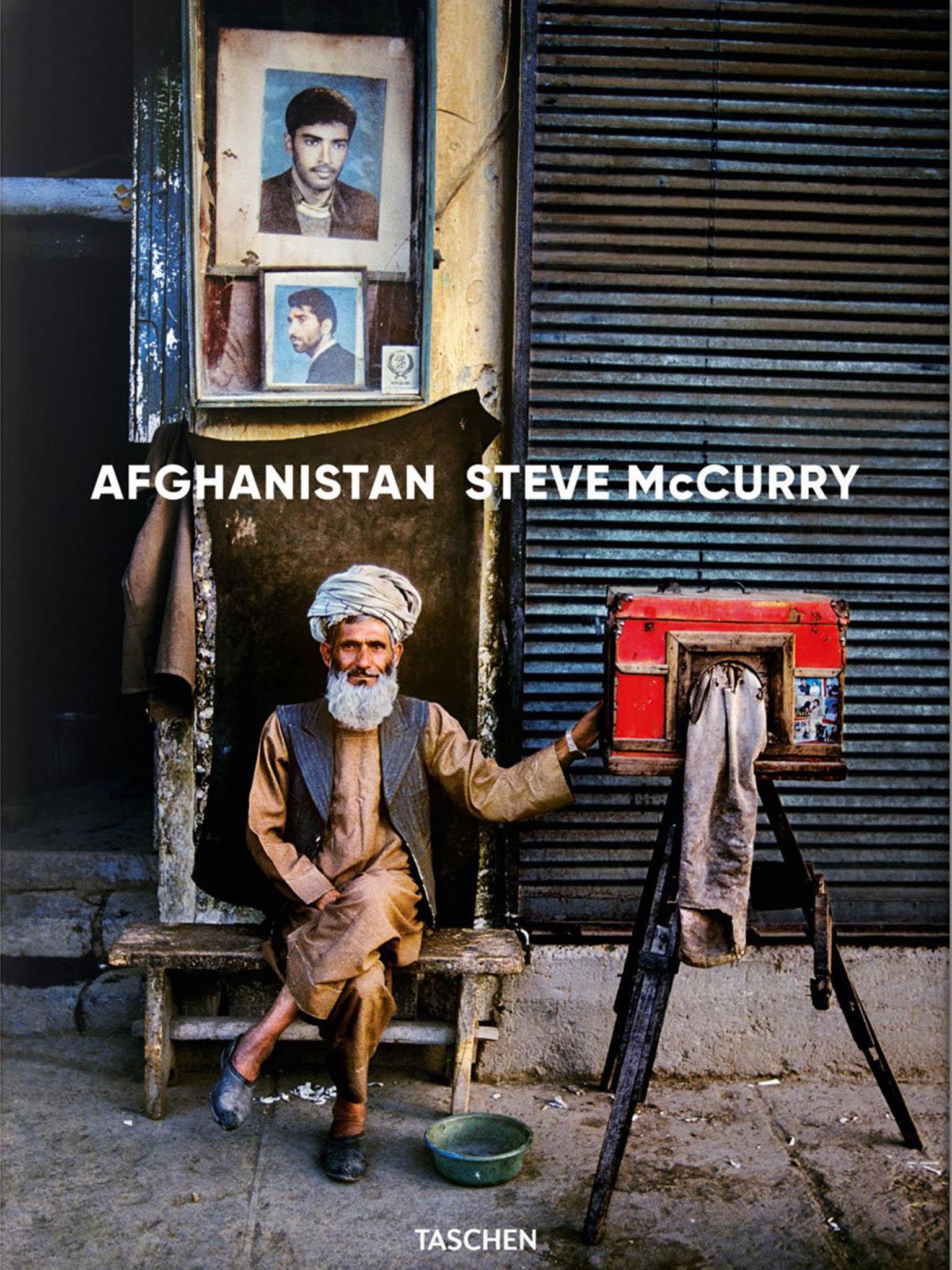
And despite the atrocities that have swept across the land, McCurry is able to find beauty in it too, both in the land and in the people that inhabit it. The Afhgans have always called their mountains “the land of rebellion”.
As his signature style, McCurry gives his work very short titles and almost no caption information, bar the location and date. The rest is left solely to the picture.
The American photographer’s latest book is a retrospective look back on his accomplished work across Afghanistan over the past 40 years, featuring more than 230 images that are almost all in colour, expect for a handful of black and white images from the 70s and 80s.
After photographing India, the middle east and Afghanistan over the past four decades, McCurry founded ImagineAsia in 2004, which helps provide educational resources and opportunities to children and young people in Afghanistan.
Afghanistan: Steve McCurry is available to buy from Taschen.com
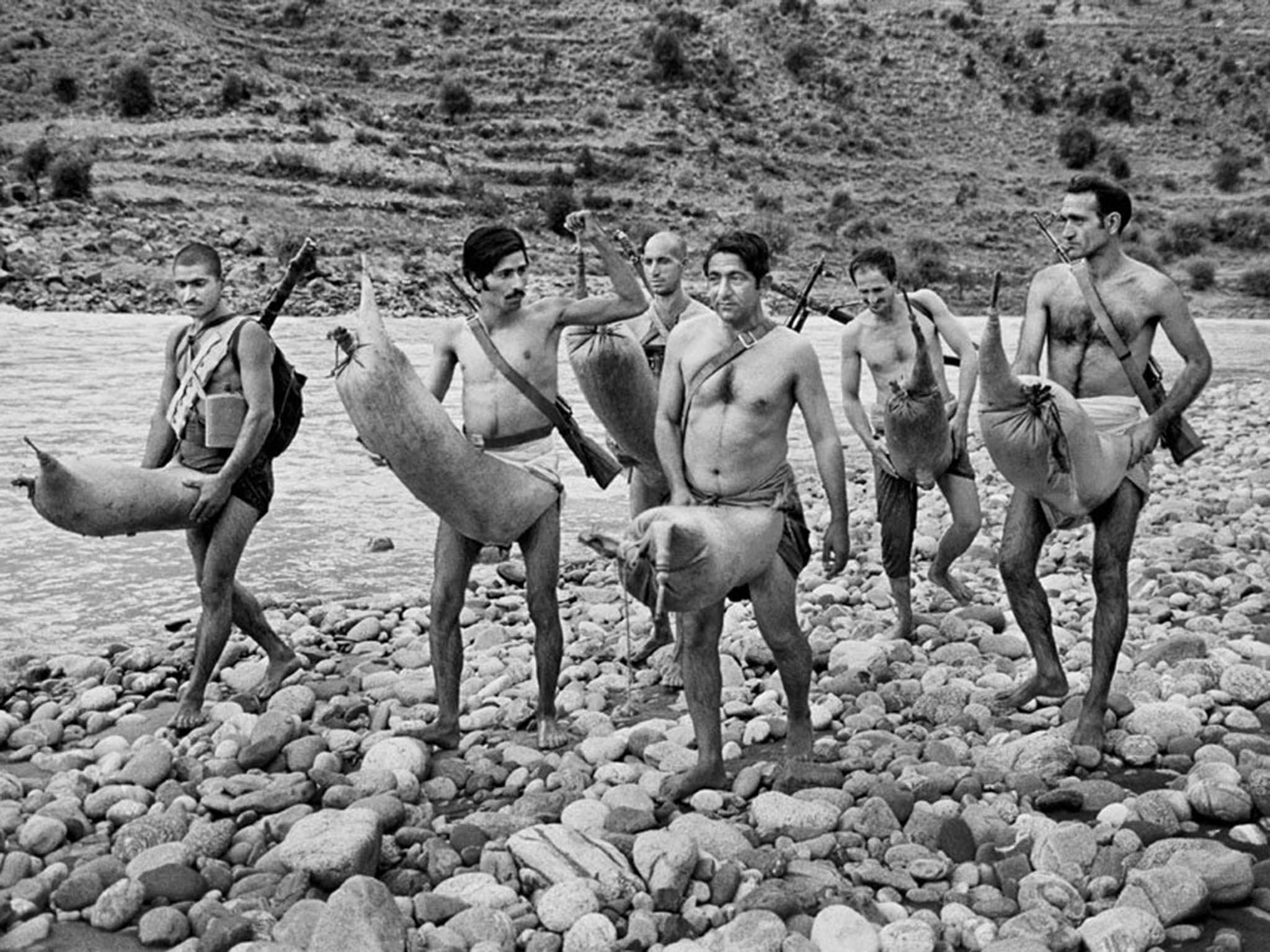
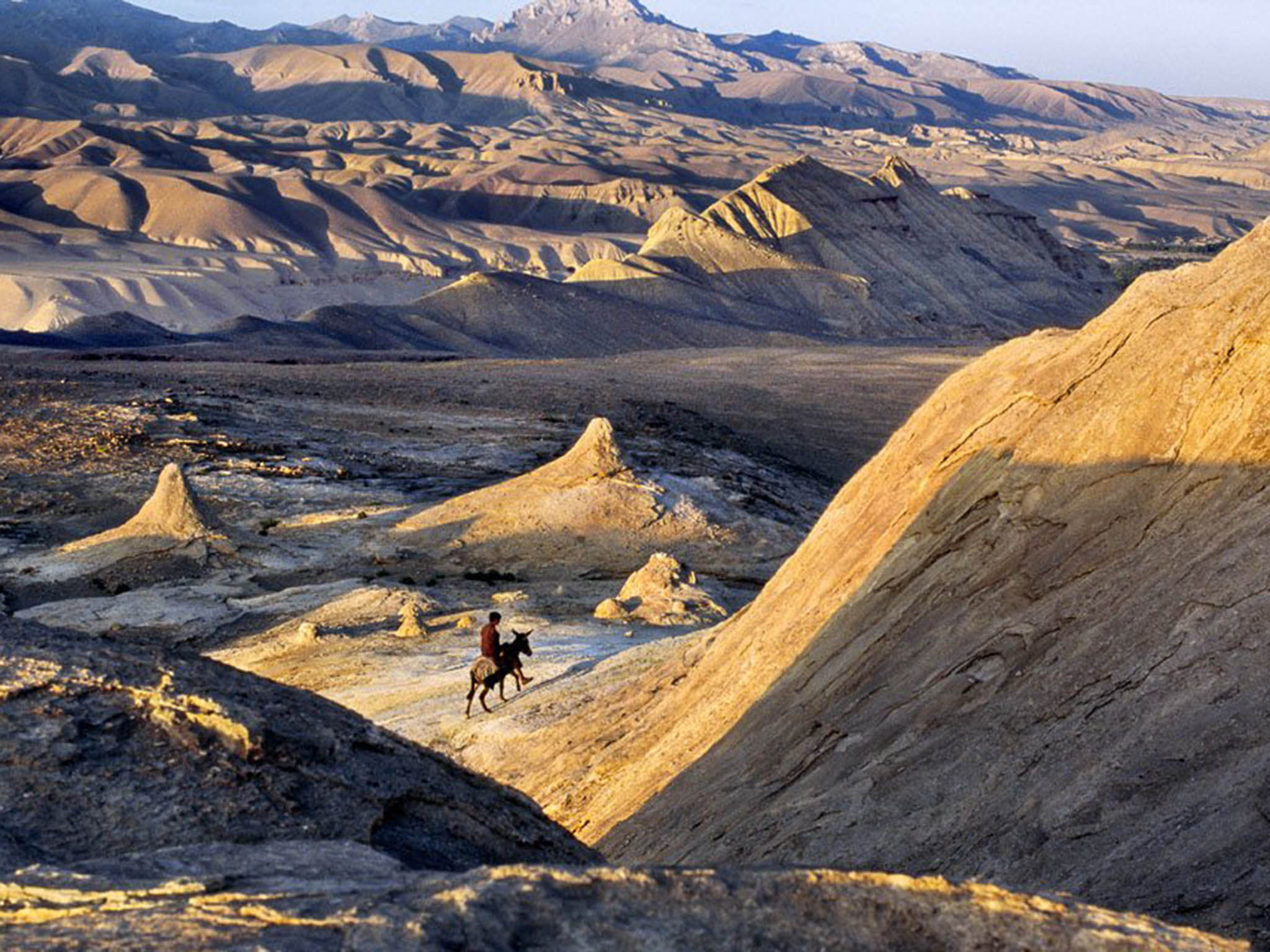
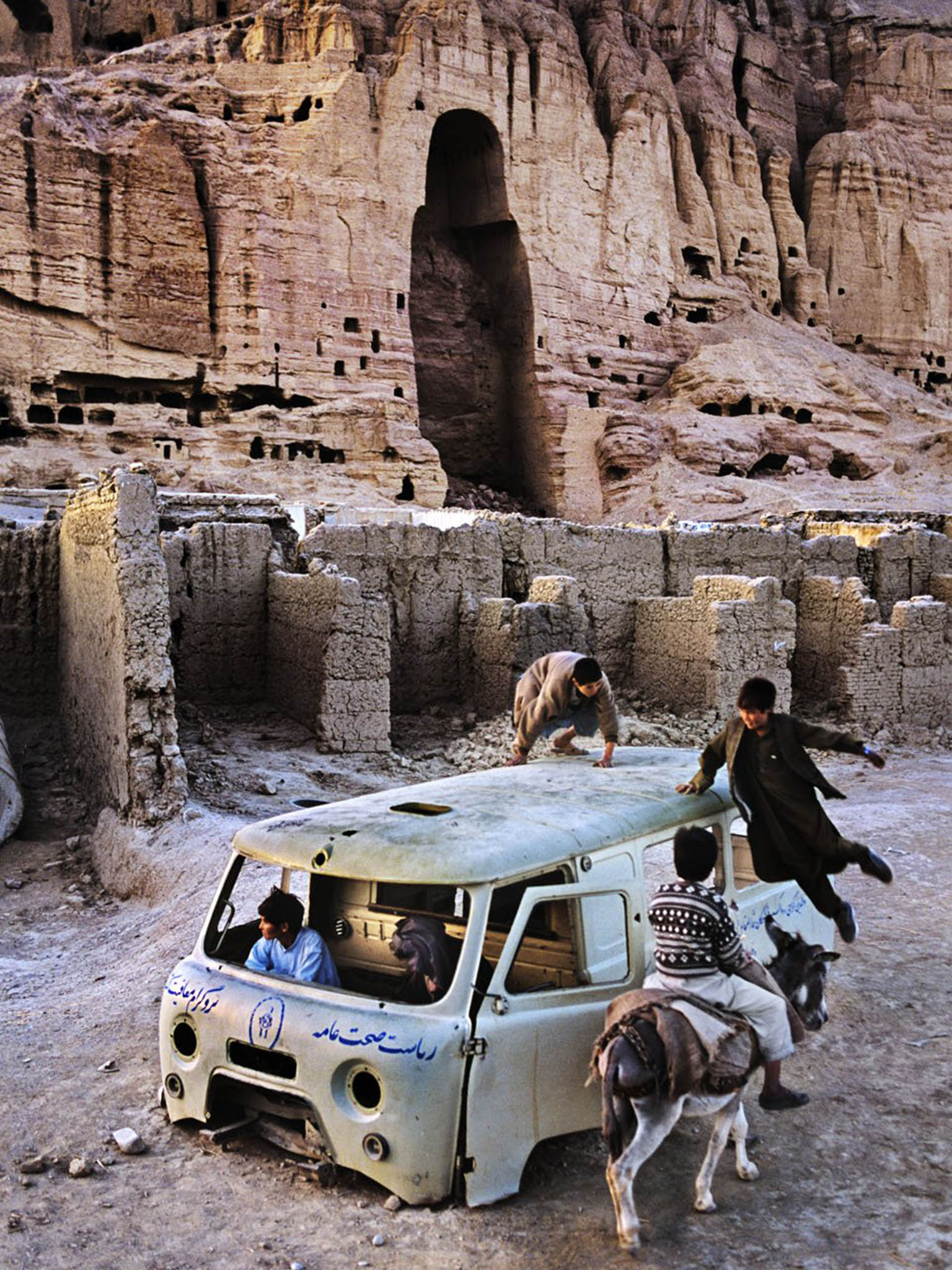
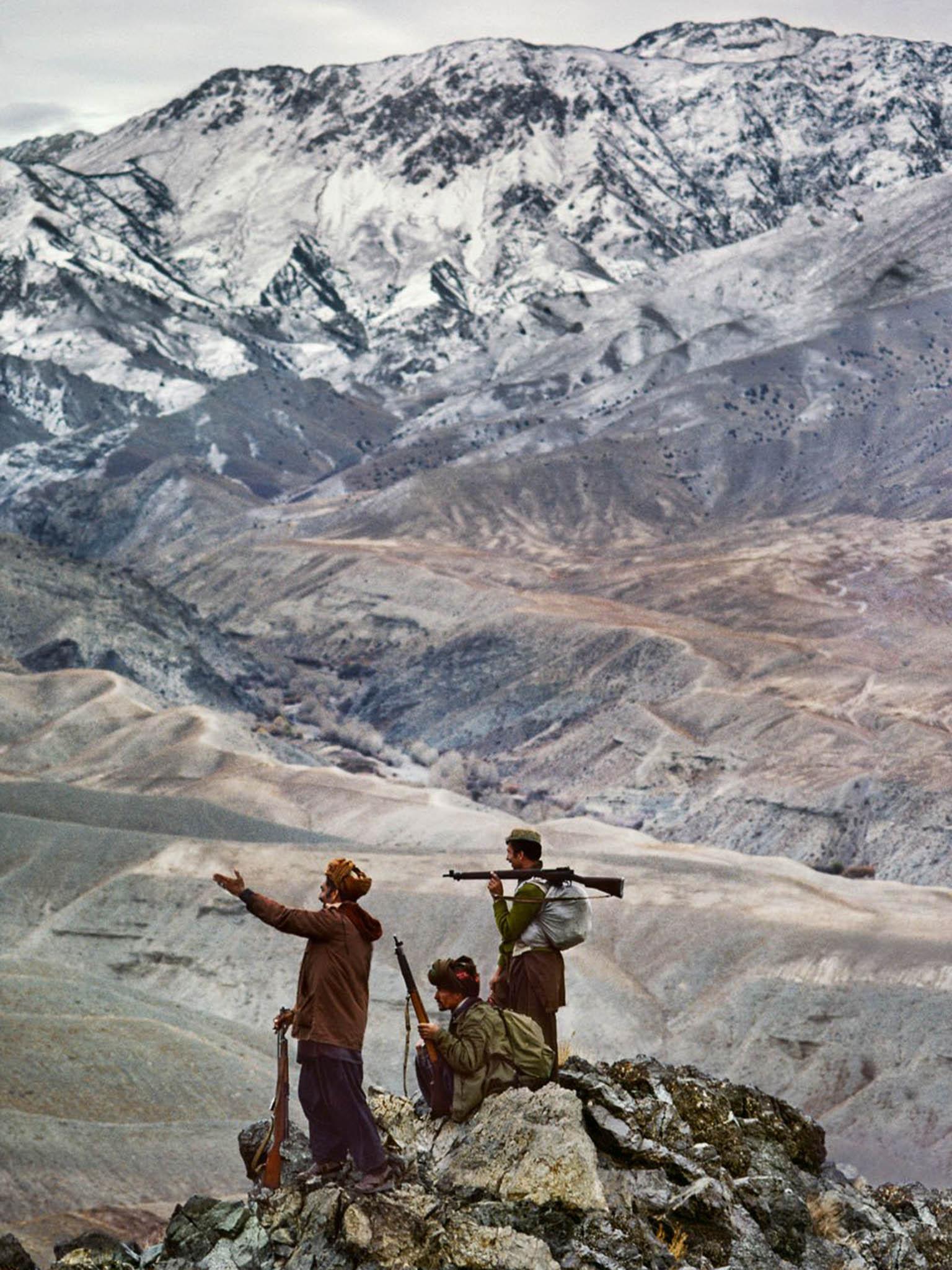

Join our commenting forum
Join thought-provoking conversations, follow other Independent readers and see their replies
Comments